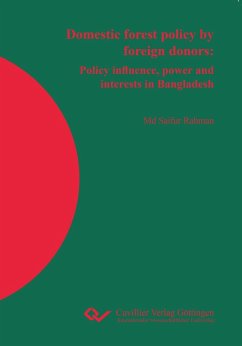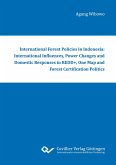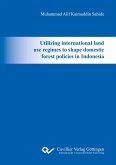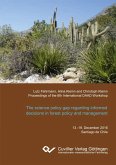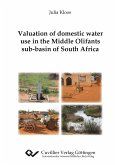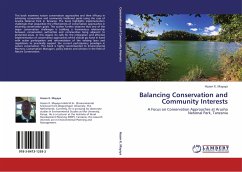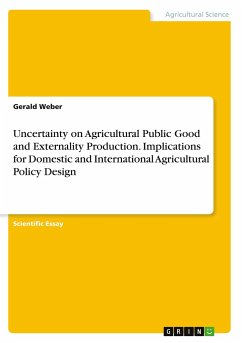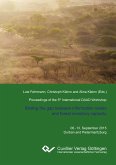Following internationalisation, the influence of non-domestic actors on domestic policy processes has been rising, and diverse actors and institutions have started to extend their influence beyond state borders. The study attempts to analyse how do foreign donors influence domestic policy making process as well as gain power and serve interests employing Bangladeshi forest policies. The study established the idea that donor funding can have an impact on domestic policy changes. In its political process, specific donor (USAID) may build coalition with non-state actors at all level circumventing national bureaucracies to fulfill their desired political interests. They use prominent policy issues like forest biodiversity and climate change to gain particularly incentives and dominant information power capability. Furthermore, in allocating their development aid foreign donor organizations (USAID, GIZ and EU) simultaneously to their formal development-oriented interests, pursue informal political, economic and strategic self-interests.
Hinweis: Dieser Artikel kann nur an eine deutsche Lieferadresse ausgeliefert werden.
Hinweis: Dieser Artikel kann nur an eine deutsche Lieferadresse ausgeliefert werden.

